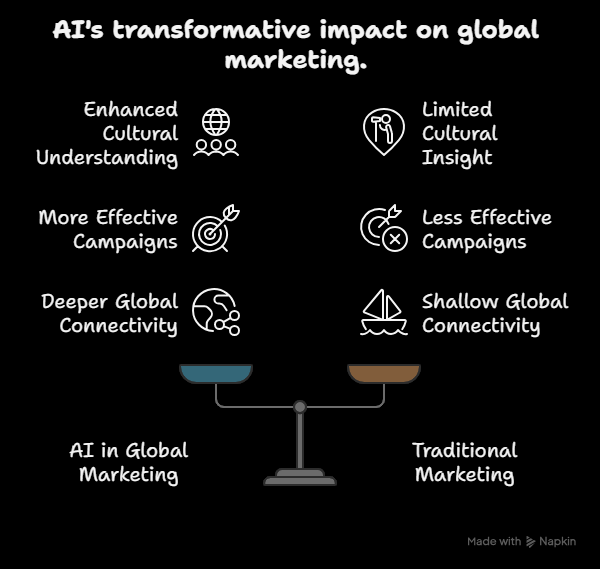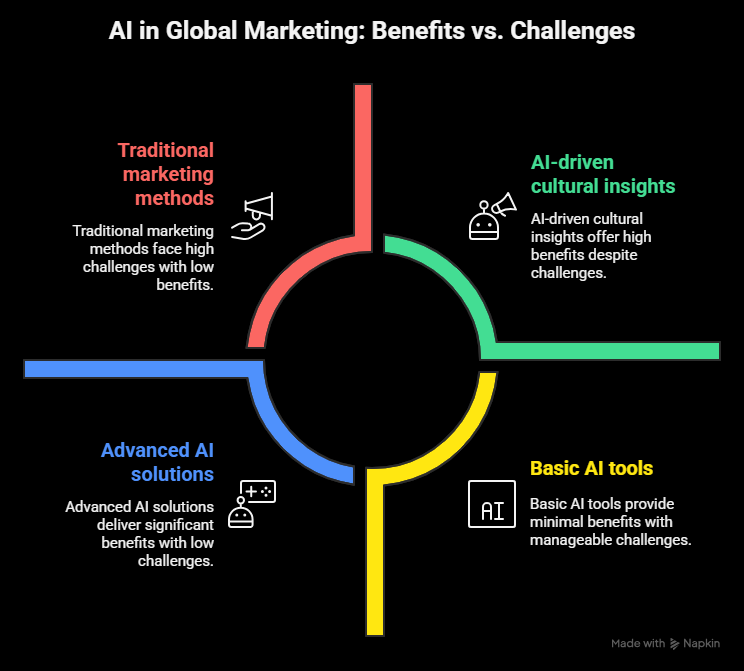This document explores the transformative potential of Artificial Intelligence (AI) in navigating the complex landscape of cultural nuances within global marketing campaigns. It examines how AI-powered tools can be leveraged to analyze vast datasets, identify subtle cultural sensitivities, and ultimately create more resonant and effective marketing strategies that connect with diverse audiences on a deeper level. By understanding and respecting cultural differences, businesses can foster stronger brand loyalty, avoid costly missteps, and achieve greater success in the global marketplace.
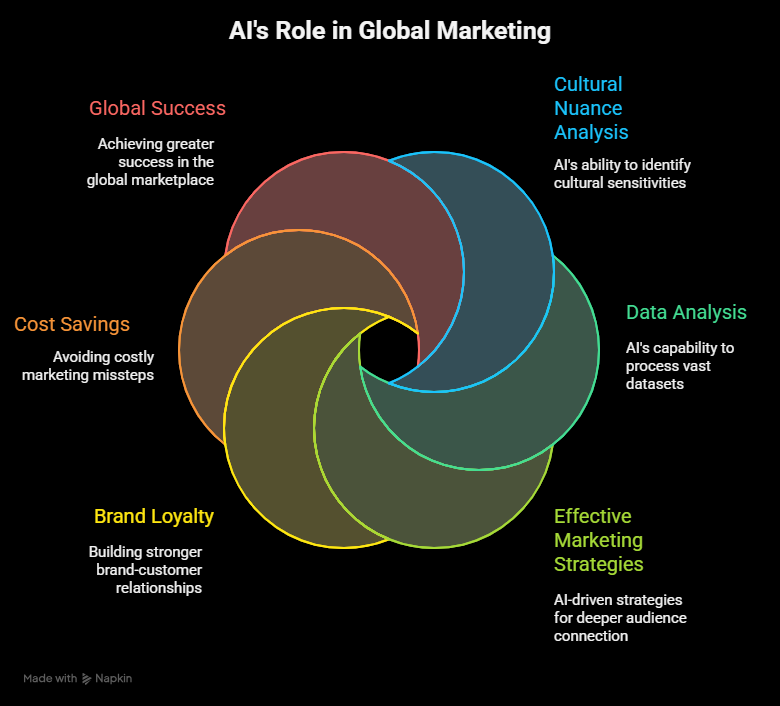
The Challenge of Cultural Nuance in Global Marketing
Global marketing presents a unique set of challenges. What resonates with one culture may be offensive or simply ineffective in another. Cultural nuances, encompassing everything from language and customs to values and beliefs, play a crucial role in shaping consumer perceptions and behaviors. Ignoring these nuances can lead to significant marketing failures, damaging brand reputation and hindering market penetration.
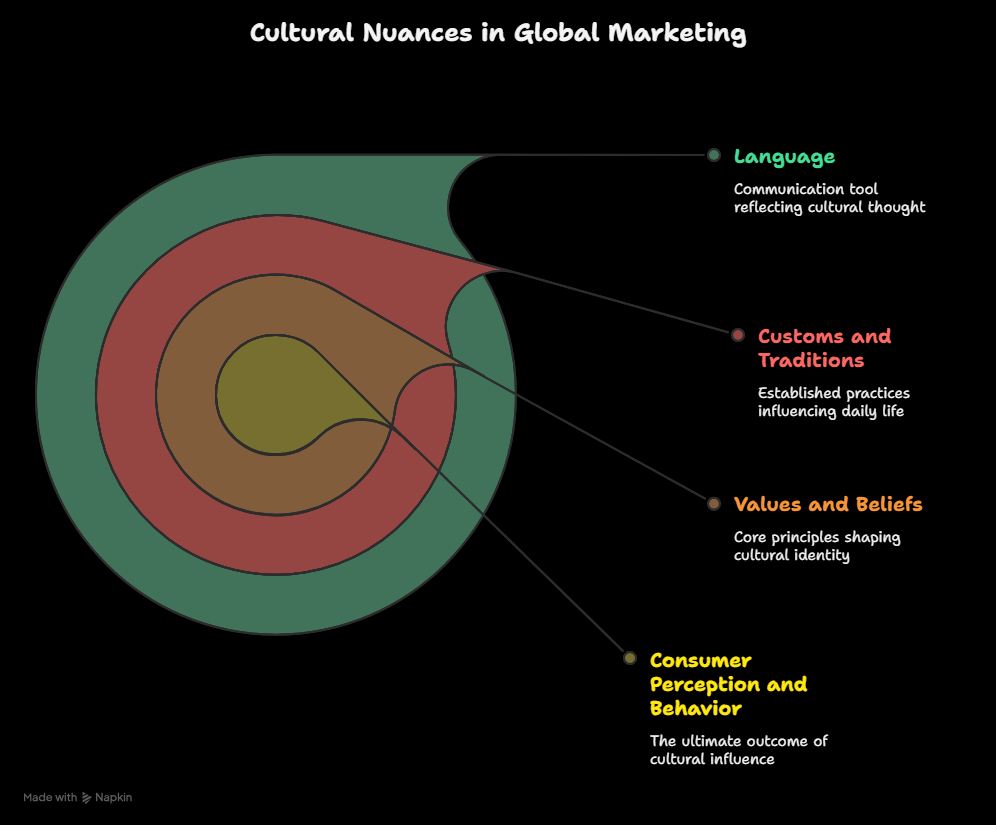
Traditional market research methods, while valuable, often struggle to capture the full depth and complexity of cultural differences. Surveys and focus groups can be limited by participant bias and the difficulty of articulating deeply ingrained cultural assumptions. Furthermore, these methods are often time-consuming and expensive, making it challenging to adapt marketing campaigns quickly to changing cultural landscapes.
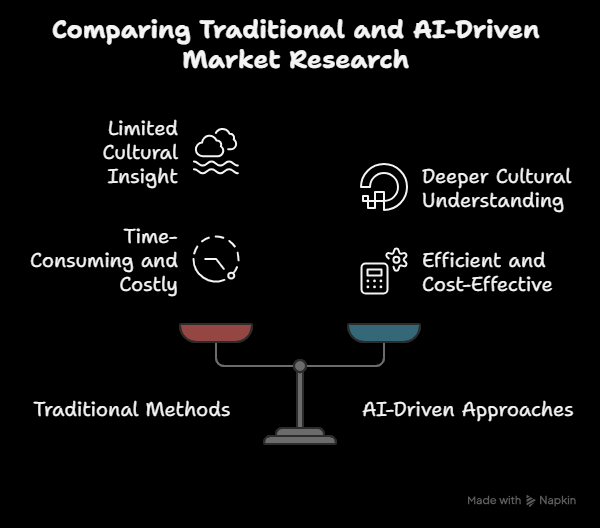
AI as a Cultural Decoder: Unveiling Hidden Insights
AI offers a powerful solution to the challenge of cultural nuance. By leveraging machine learning algorithms and natural language processing (NLP), AI can analyze vast amounts of data from diverse sources, including social media, online reviews, news articles, and cultural databases, to identify subtle cultural patterns and preferences.
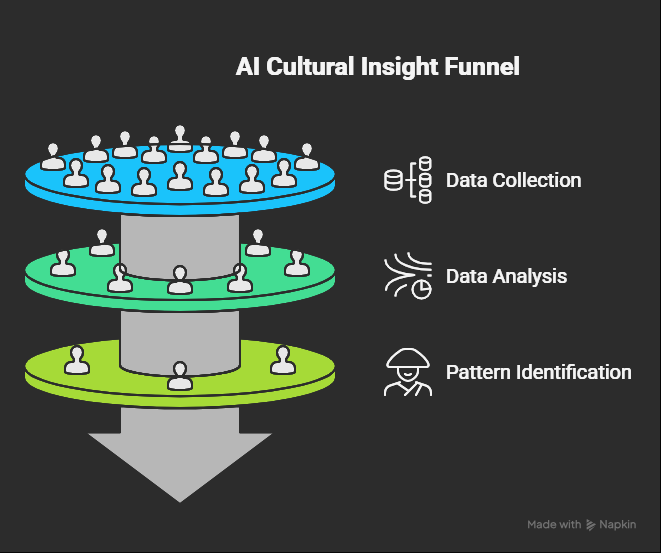
Here are some specific ways AI can be used to decode cultural nuances:
- Sentiment Analysis: AI-powered sentiment analysis can go beyond simply identifying positive or negative sentiment. It can detect subtle emotional cues and cultural undertones in text and speech, providing insights into how different cultural groups react to specific marketing messages. For example, a joke that is considered humorous in one culture might be perceived as offensive or insensitive in another. Sentiment analysis can help marketers identify and avoid such pitfalls.
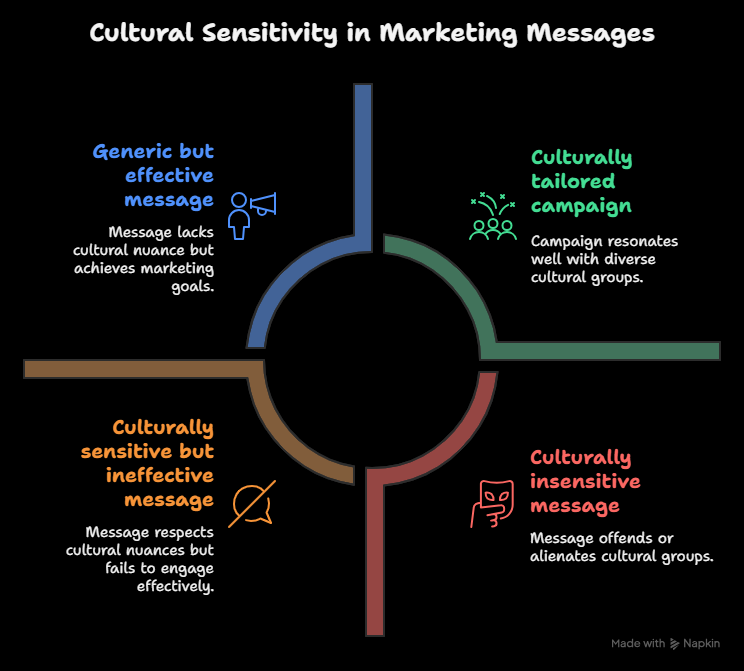
Linguistic Analysis: NLP techniques can analyze language patterns, including idioms, metaphors, and slang, to understand how language is used differently across cultures. This is particularly important for translating marketing materials accurately and ensuring that the intended message is conveyed effectively. AI can also identify potential misinterpretations or unintended meanings that might arise from cultural differences in language use.
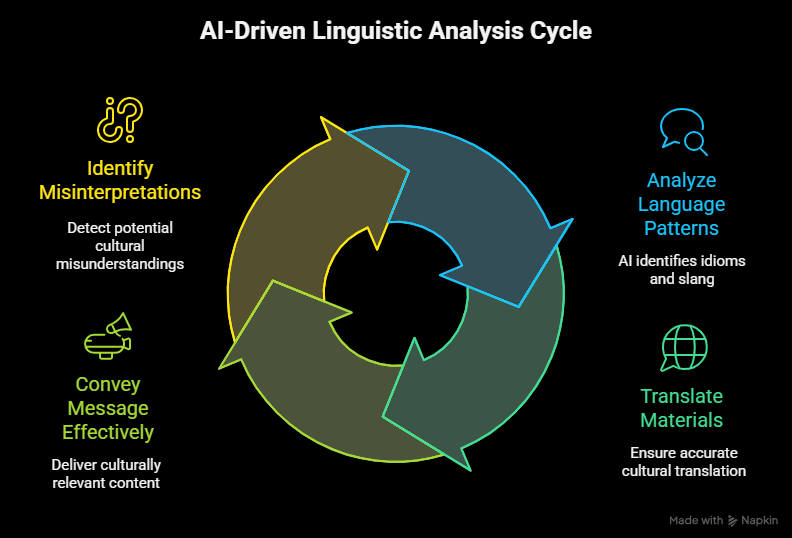
Image and Symbol Recognition: Visual elements play a significant role in marketing. AI can analyze images and symbols to identify their cultural significance and potential for misinterpretation. For example, certain colors or symbols may have different meanings in different cultures. AI can help marketers choose visuals that are culturally appropriate and resonate with their target audience.
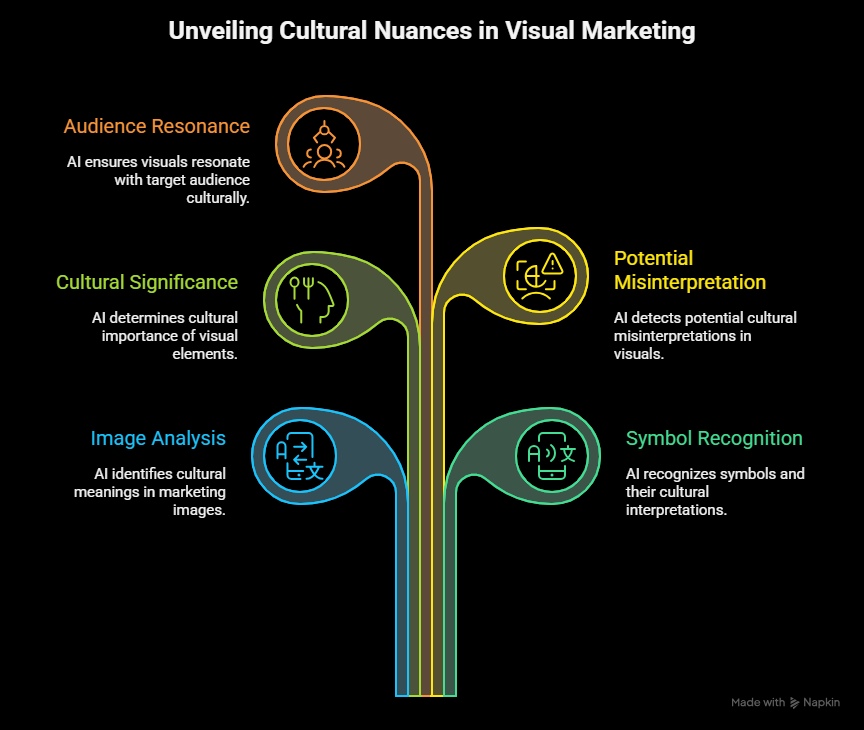
Cultural Trend Identification: AI can monitor social media and online conversations to identify emerging cultural trends and shifts in consumer preferences. This allows marketers to stay ahead of the curve and adapt their campaigns to reflect the evolving cultural landscape. For example, AI can track the popularity of certain cultural icons, memes, or hashtags to identify opportunities for culturally relevant marketing campaigns.
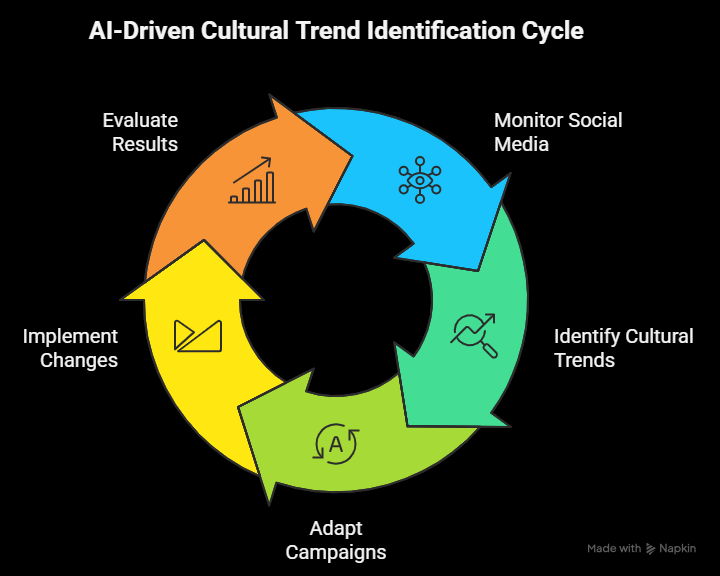
Personalized Recommendations: AI can personalize marketing messages and product recommendations based on individual cultural preferences. By analyzing data on consumer behavior and demographics, AI can tailor marketing campaigns to resonate with specific cultural groups, increasing engagement and conversion rates.
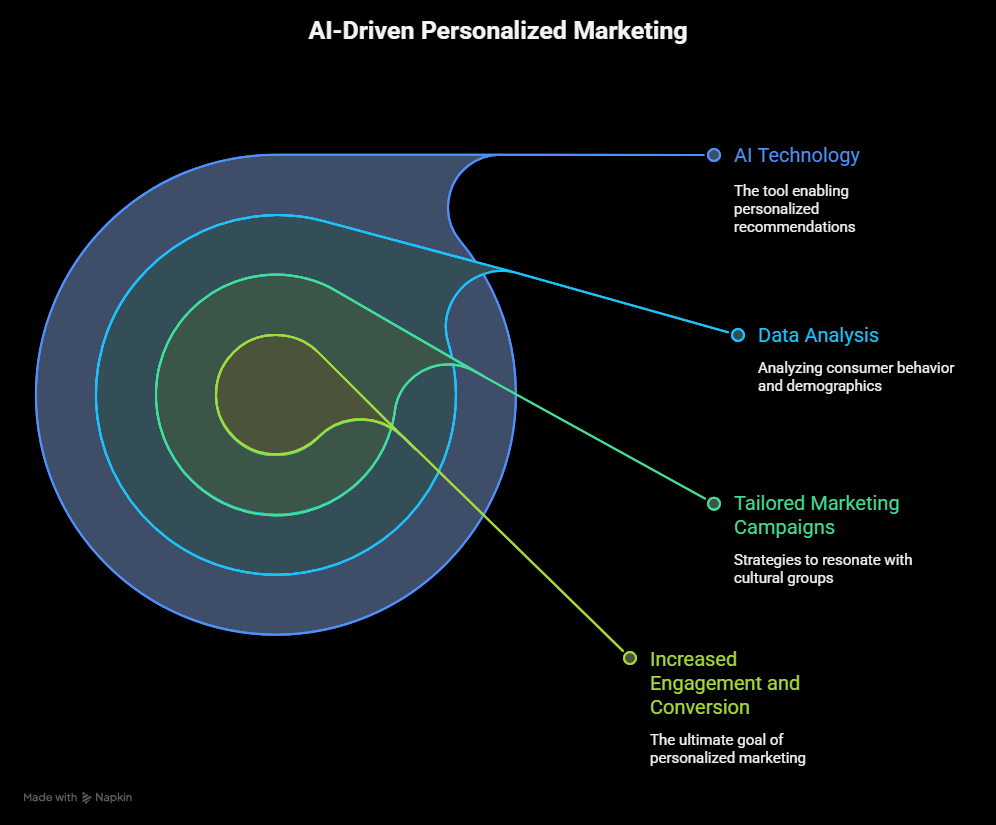
Benefits of Using AI in Global Marketing
The use of AI in global marketing offers numerous benefits:
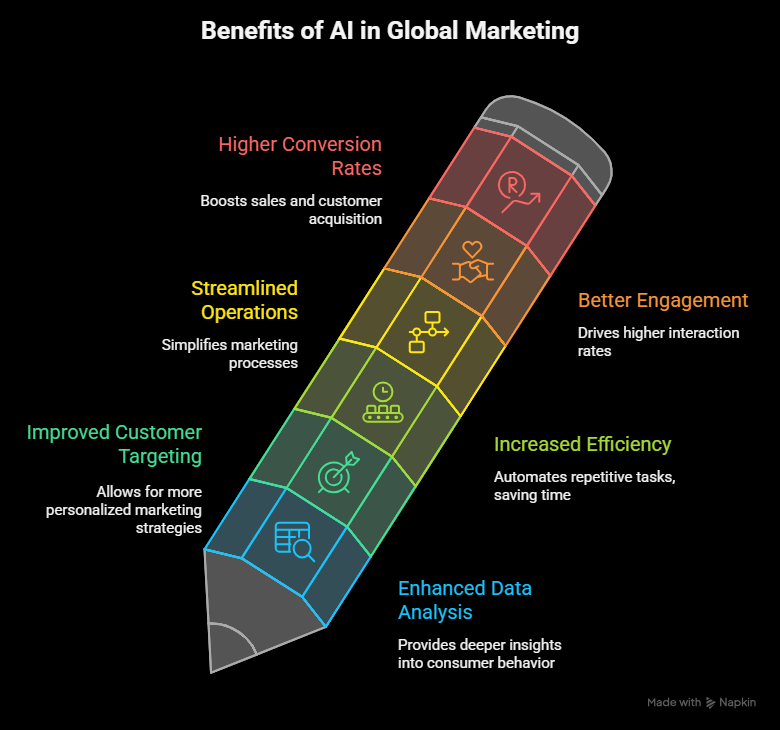
Improved Accuracy: AI can analyze vast datasets with greater accuracy and speed than traditional methods, providing a more comprehensive and nuanced understanding of cultural differences.
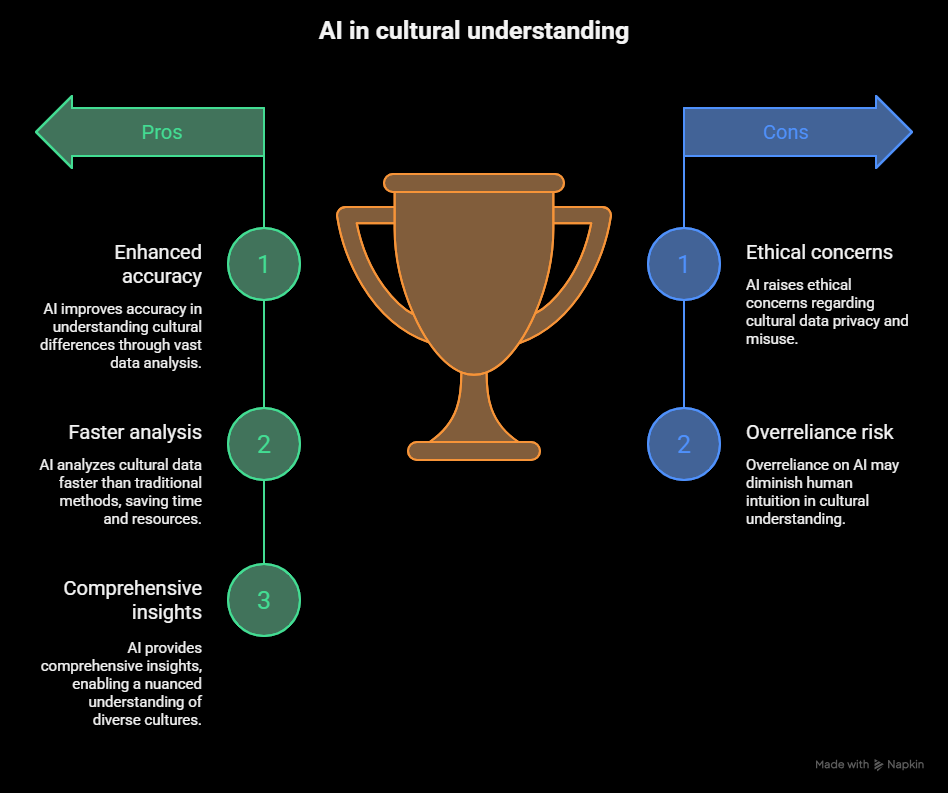
Increased Efficiency: AI can automate many of the tasks involved in cultural analysis, freeing up marketers to focus on strategy and creative development.
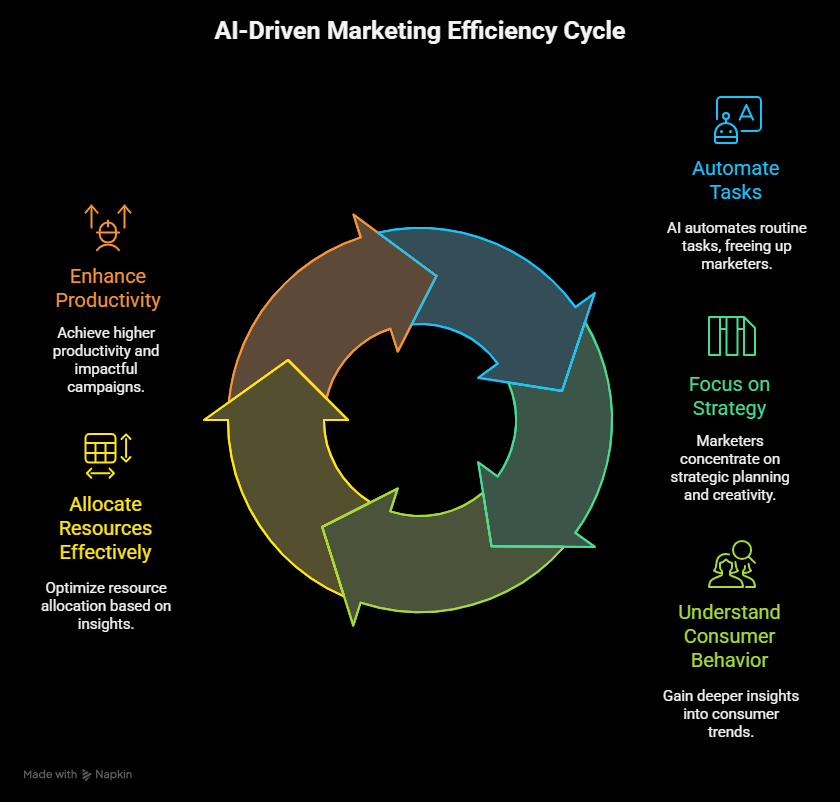
Reduced Risk: By identifying potential cultural sensitivities, AI can help marketers avoid costly missteps and protect their brand reputation.
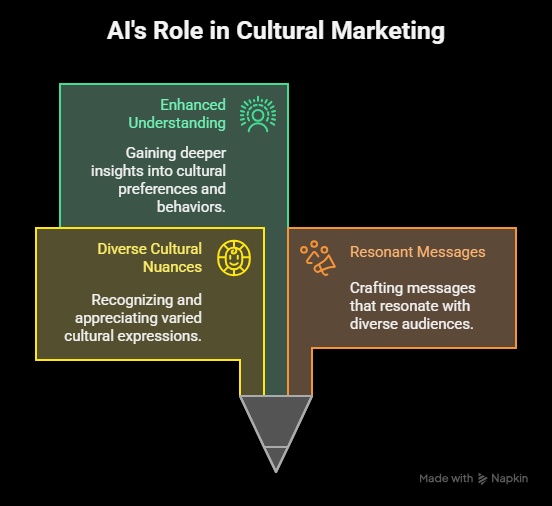
Enhanced Engagement: By creating culturally relevant marketing campaigns, AI can help businesses connect with diverse audiences on a deeper level, fostering stronger brand loyalty and driving sales.
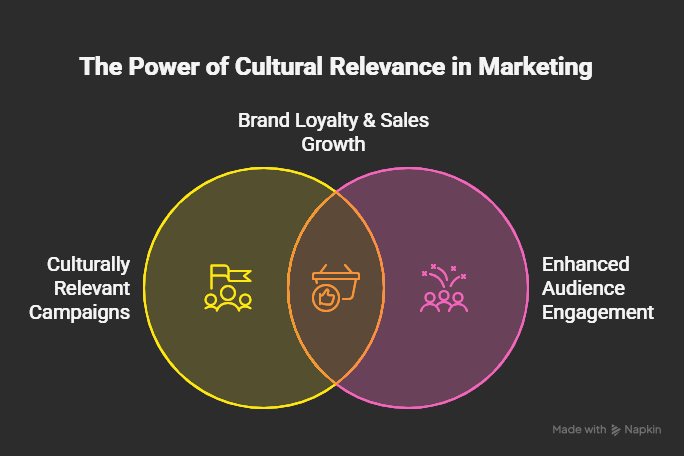
Data-Driven Decision Making: AI provides marketers with data-driven insights that can inform their decision-making process, leading to more effective and targeted marketing strategies.
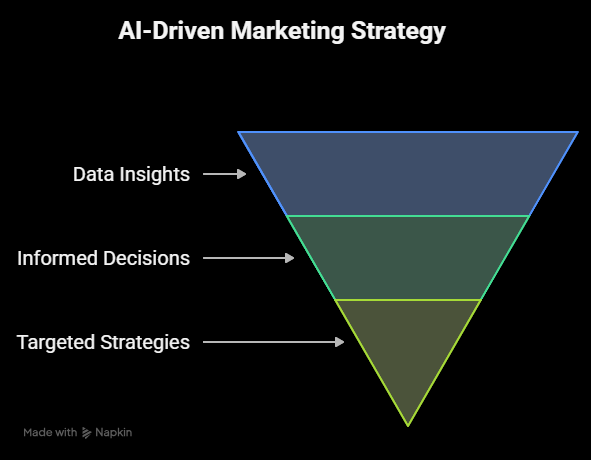
Challenges and Considerations
While AI offers significant potential for decoding cultural nuances, it is important to acknowledge the challenges and considerations involved in its implementation:
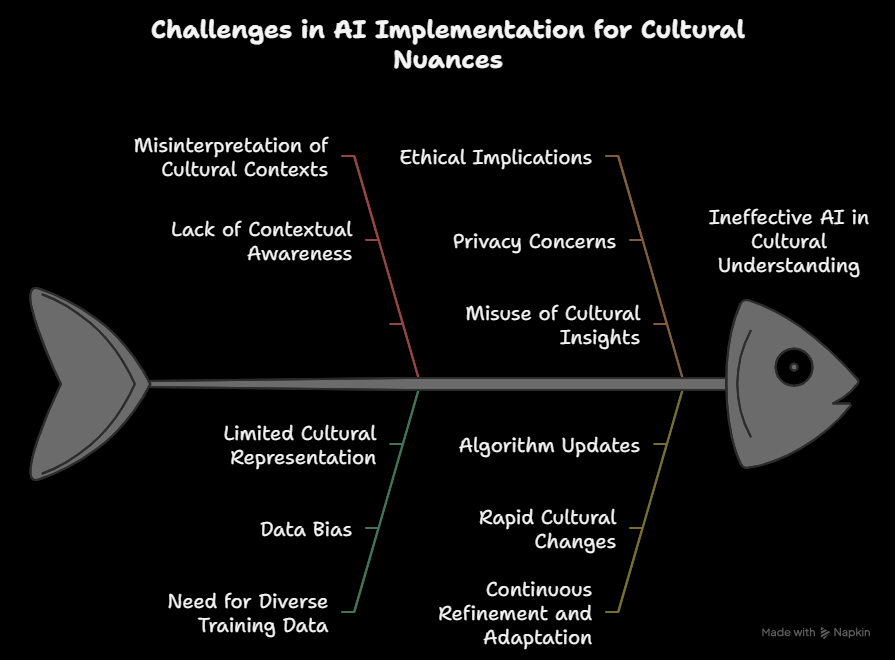
Data Bias: AI algorithms are trained on data, and if that data is biased, the AI will perpetuate those biases. It is crucial to ensure that the data used to train AI models is representative of the diverse cultural groups being targeted.
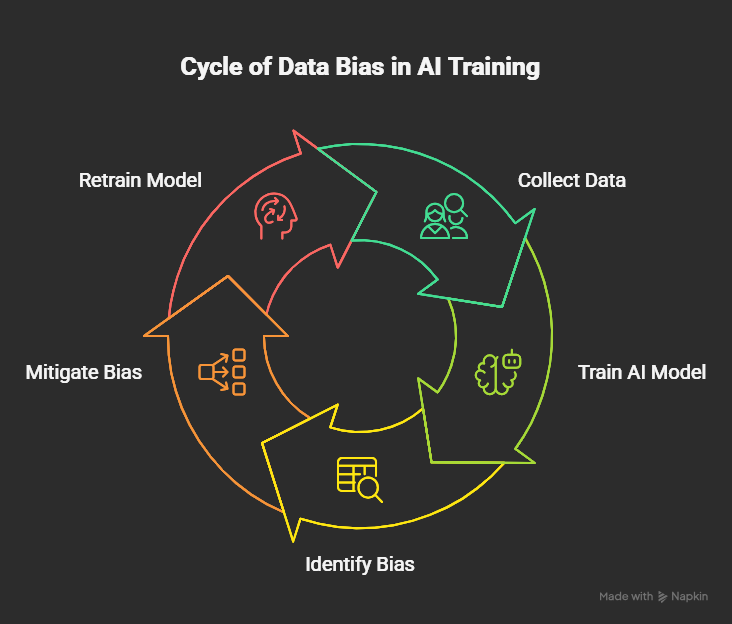
Over-Reliance on Technology: AI should be used as a tool to augment human understanding, not replace it. Marketers should still rely on their own cultural knowledge and intuition when making decisions.
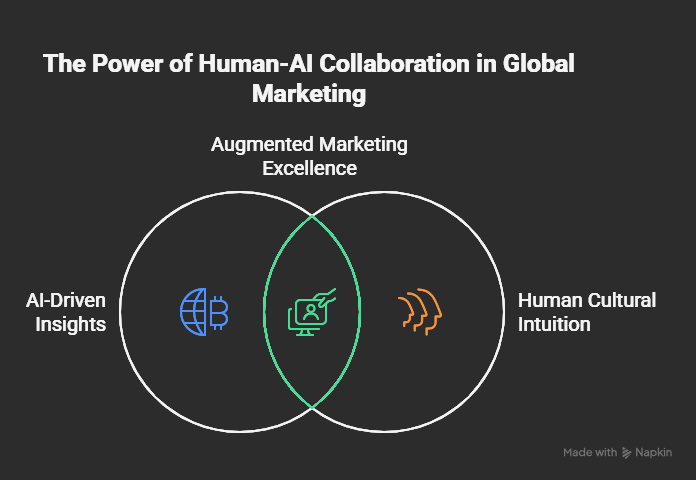
Ethical Considerations: It is important to use AI ethically and responsibly, respecting cultural sensitivities and avoiding the perpetuation of stereotypes.
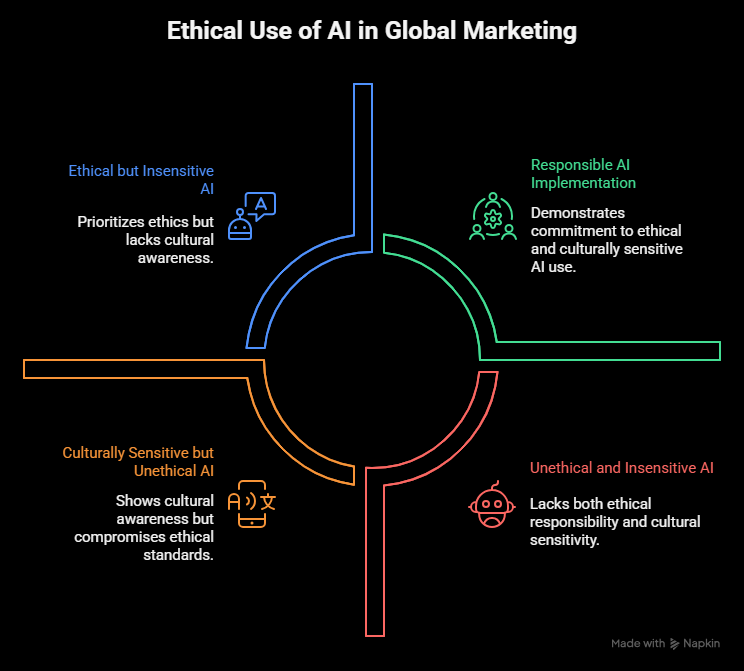
Transparency and Explainability: It is important to understand how AI algorithms are making decisions and to be able to explain those decisions to stakeholders.
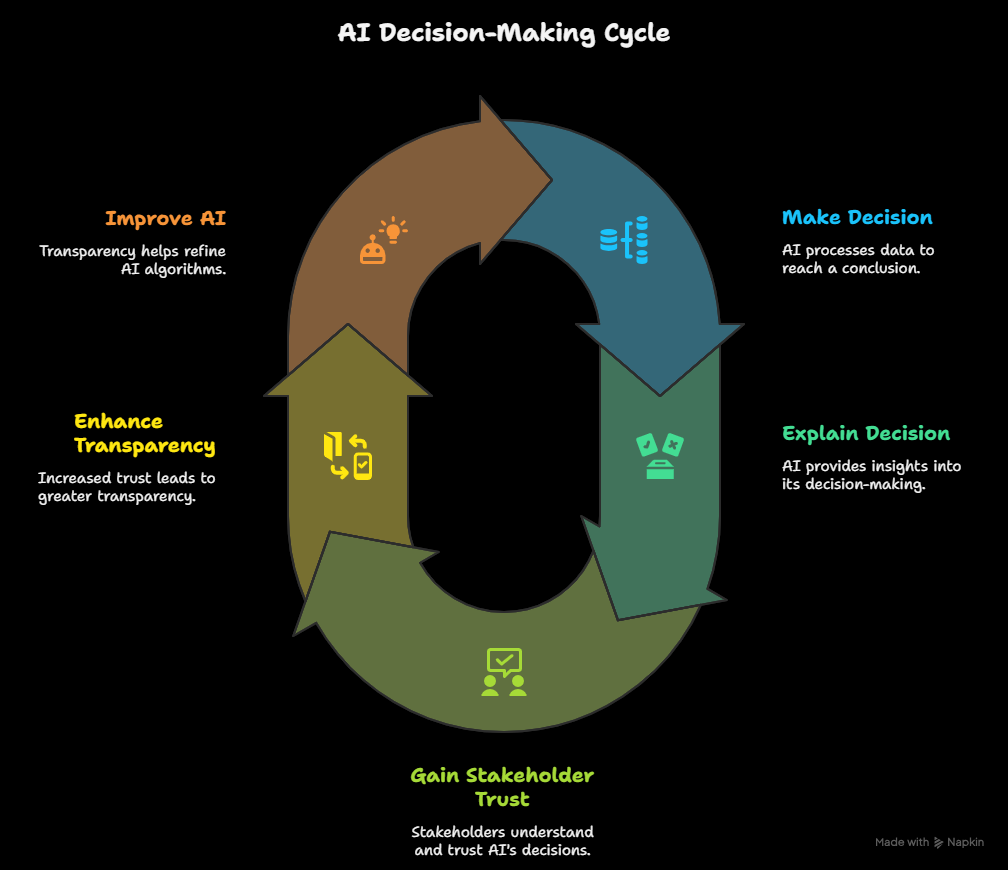
Constant Evolution: Culture is constantly evolving, so AI models need to be continuously updated and refined to reflect these changes.
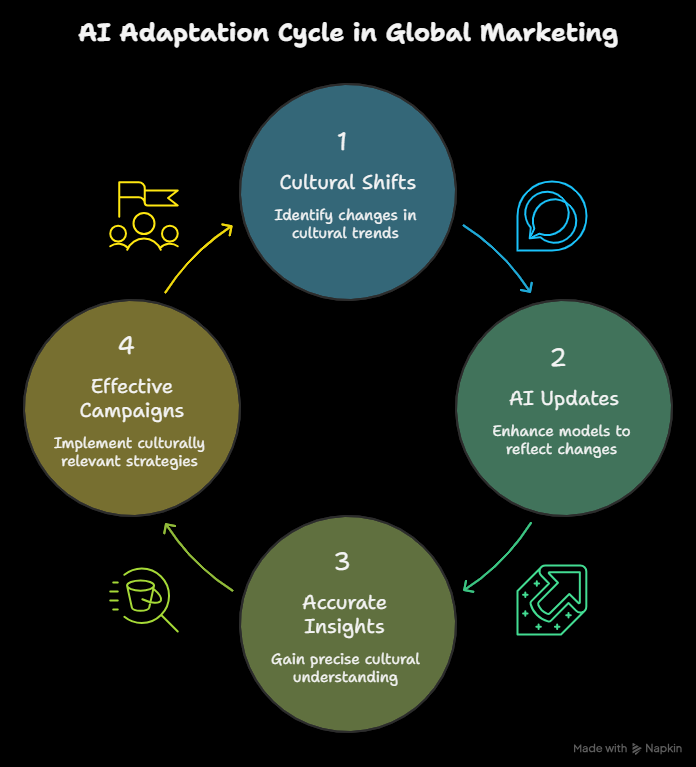
Examples of AI in Action
Several companies are already using AI to decode cultural nuances in their global marketing campaigns. For example:
Netflix: Uses AI to personalize content recommendations based on viewers’ cultural preferences, ensuring that viewers are exposed to content that is relevant and engaging.
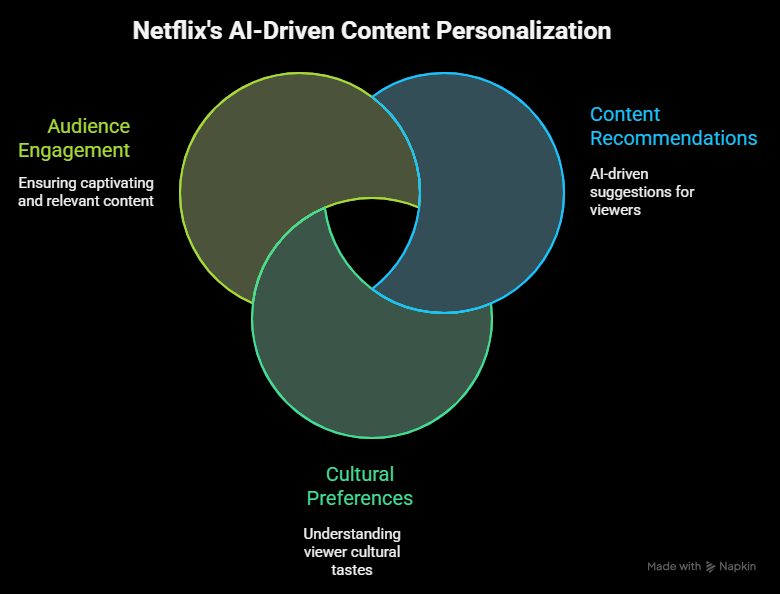
McDonald’s: Adapts its menu and marketing campaigns to reflect local cultural tastes and preferences in different countries.
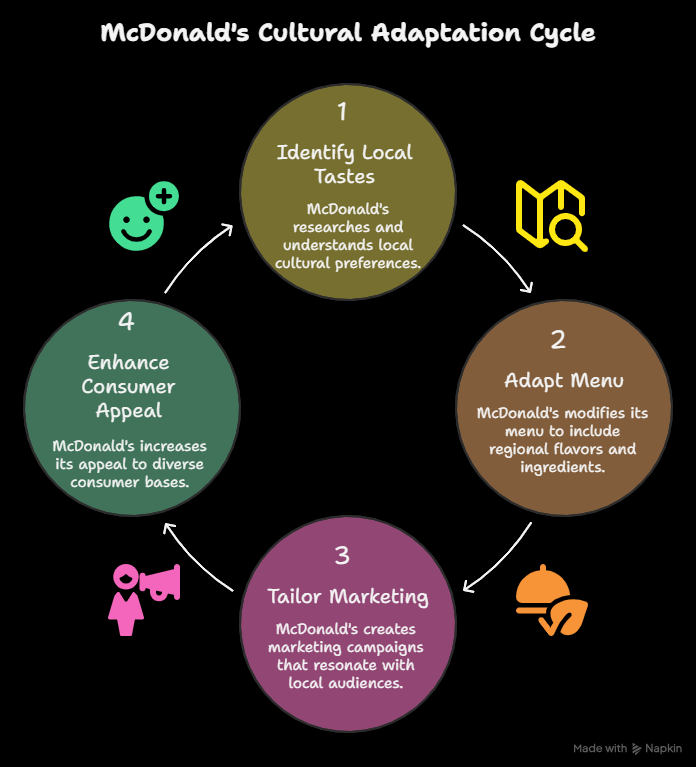
Airbnb: Uses AI to translate listings and reviews accurately, ensuring that guests and hosts can communicate effectively across cultural boundaries.
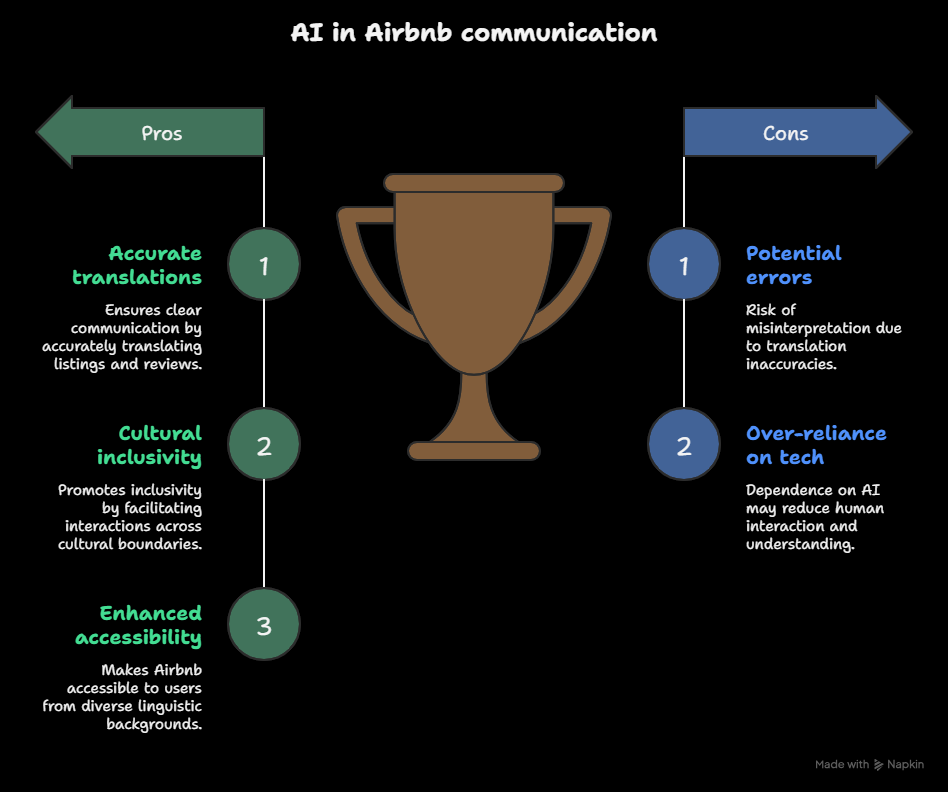
Conclusion
AI is revolutionizing the way businesses approach global marketing. By leveraging AI-powered tools to decode cultural nuances, marketers can create more resonant and effective campaigns that connect with diverse audiences on a deeper level. While challenges and considerations exist, the benefits of using AI in global marketing are undeniable. As AI technology continues to evolve, its role in helping businesses navigate the complexities of cultural differences will only become more important. The “Quiet Revolution” of AI in global marketing is underway, and businesses that embrace this technology will be best positioned to succeed in the increasingly interconnected global marketplace.
